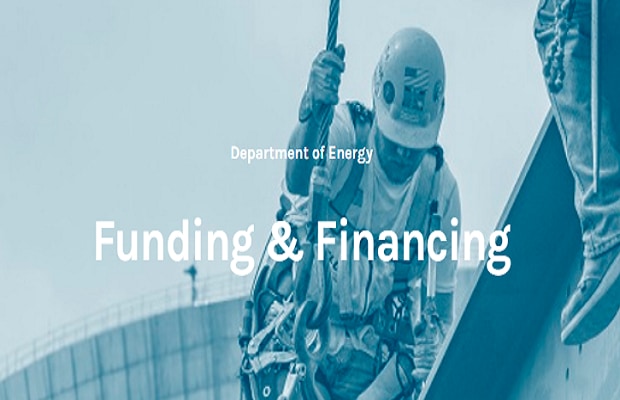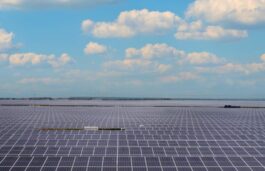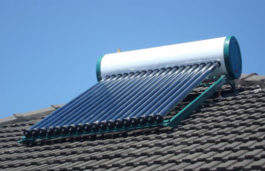
The United States Department of Energy (DOE) has announced USD 24.5 million to support manufacturing of resilient, modern electricity infrastructure, flow battery systems, and to address the climate emergency.
According to DOE, the funding opportunities will uphold research and development (R&D) for the materials and technologies needed to expand the grid with new, clean-energy sources, deliver affordable electricity to disadvantaged communities, and help reach the Biden Administration’s goal of net-zero carbon emissions by 2050.
Speaking on the investment announced, the Secretary of Energy, Jennifer M. Granholm stated, “By investing in American-made, clean-energy technologies, the Department of Energy is harnessing our country’s innovative spirit to build an equitable and sustainable energy system.”
She added, “These funding opportunities will help manufacture the next-generation energy storage systems and power lines that support President Biden’s climate goals, create and sustain U.S. jobs, and build a strong, secure, and efficient electric grid.”
“The key to unlocking the full potential of solar and wind energy is to store it for use around the clock,” said U.S. Representative Diana DeGette.
She further stressed flow batteries, “Flow battery technology can help us utilize the full potential of these clean-energy resources, and investing in this important new technology now is vital to our overall effort to combat the climate crisis.”
Consequently, DOE announced the fundings for two main objectives, of manufacturing next-gen energy storage systems and advanced electricity options:
Flow Battery Systems Manufacturing: DOE announced USD 20 million for R&D that will advance the manufacturability of mid-sized flow battery systems. Flow batteries are electrochemical batteries that use externally stored electrolytes, making them cost less, safer, and more flexible and adaptable. With this funding opportunity, DOE will partner with the industry to address technical and manufacturing challenges that have prevented flow battery systems from achieving cost targets and commercial viability. Where lithium-ion batteries are commonly used in electric vehicles and portable devices, flow batteries are particularly well-suited for grid storage needs.
This Flow Battery project will enable:
- cost-effective, scalable manufacturing for mid-sized (10-100 kilowatt-hour) flow battery systems.
- Test and validate the flow battery system’s manufacturability, and it will
- strengthen domestic flow battery supply chains by connecting battery manufacturing stakeholders.
Advancing Electricity-Conducing Materials Manufacturing: DOE has launched the Conductivity-enhanced materials for Affordable, Breakthrough Leapfrog Electric applications (CABLE) Conductor Manufacturing Prize, which will support the commercialization of affordable, manufacturable materials that will conduct electricity more efficiently than today’s best conductors.
CABLE is a three-stage, three-year prize that will award up to $4.5 million in cash and vouchers to competitors who will identify and verify new materials and methods to achieve significant enhancements in conductivity. Competitors must also offer a pathway to produce the new conductivity-enhanced material affordably.
- Stage 1 seeks concepts to develop and manufacture conductors with an electric conductivity enhancement an unprecedented seven to eight times larger than that of today’s best copper- and aluminum-based conductors.
- Stage 2 will test lab-scale samples for conductivity. Also, Stage 1 winners get a testing stipend.
- Stage 3 will evaluate manufacturing-scale samples for conductivity and other properties, and examine the documented manufacturing process, scale-up plans, and cost.
DOE’s Office of Energy Efficiency and Renewable Energy’s Advanced Manufacturing Office will provide funding for both of these opportunities.





























